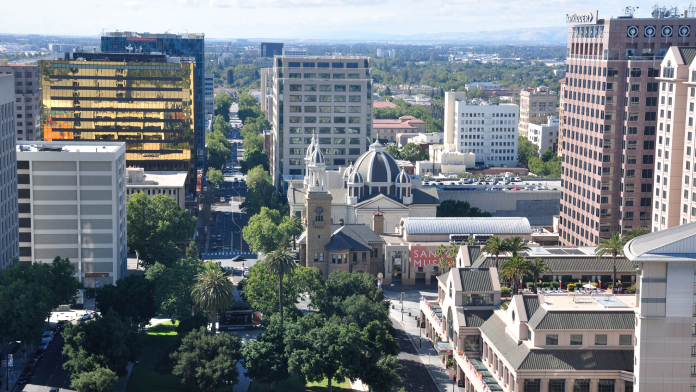Expert Insights
As the opioid crisis continues, we are now seeing the likes of deadly drug fentanyl now killing teens and young adults. As someone who has witnessed teen substance use and seen it ravage friends’ lives, I was pleasantly surprised to see what researchers have been doing in San Jose. Doctors working at a hospital in San Jose noted the shortage of treatment options for teens coming into the ED with opioid use issues. Feeling helpless, these doctors started a pilot program to start teens on treatment while they’re still in the ED, and their research shows this method of treatment can lead to longer term success. I certainly believe that had my friends had earlier intervention their substance use may not have progressed to the sometimes-deadly stages it did. I think these doctors’ are onto something special and I hope other EDs take on a similar program.
~ Olivia Pennelle
How Does San Jose Compare in Alcohol and Drug Use?
The third-largest city in California and the site of the first state capital, San Jose is home to diverse dining, recreation, nightlife, and attractions.1 But like so many other cities in the U.S., it is facing a growing opioid epidemic. Fentanyl-related deaths in Santa Clara County jumped from 11 in 2018 to 132 in 2021.2 The rising number of overdoses led the county to declare a public health crisis and increase its behavioral health services department budget by $4.6 million for mental health and substance use programs. With 47 accredited alcohol and drug rehab centers in San Jose, addiction treatment is within reach.3
According to the Santa Clara County Behavioral Health Services Prevention Department, opioid and prescription drug abuse is a serious problem in San Jose. Approximately 24% of residents have used their prescription drugs in an unsanctioned way. Roughly 22% of residents have used prescription medications without a prescription, while 7% have misused over-the-counter drugs.1
Other Santa Clara County and San Jose drug and alcohol use statistics of note include:1 2, 3
- In 2017, approximately 16% of Santa Clara County residents reported using cocaine in their lifetime, and 3% reported using it in the last month.
- Approximately 2% of San Jose County middle school students and 9% of high school students used marijuana at least once per month in 2017.
- In 2017, about 10% of Santa Clara County residents reported using methamphetamine at least once in their life, and 3% reported using it in the last month.
- In 2019, 88 San Jose residents experienced a fatal, opioid-related overdose. Of those overdoses, 41 were caused by heroin, 25 were caused by fentanyl, and 32 were caused by prescription opioids.
- In 2020, the number of fatal, opioid-related overdoses in Santa Clara County increased significantly from the previous year to 143.
- In 2020, there were 258 opioid overdose-related emergency room visits and 78 hospitalizations in Santa Clara County.
- In 2020, fentanyl was the most common substance involved in fatal opioid overdoses, contributing to more than 50% of deaths.
Resources
- San José At-A-Glance. (n.d.). San Jose.
- ME-C data dashboard – Office of the Medical Examiner-Coroner. (n.d.). County of Santa Clara.
- FindTreatment.gov. (n.d.). FindTreatment.gov.
- Santa Clara County Behavioral Health Services Prevention Department. (2017). Santa Clara County Substance Use Assessment 2017.
- California Health Care Foundation. (2022). California Health Care Almanac, Substance Use in California: Prevalence and Treatment.
- California Department of Public Health. (2020). California Overdose Surveillance Dashboard, Santa Clara County Dashboard.
- Medicare.gov. (n.d.). Mental Health and Substance Use Disorder Services.
- Medicaid.gov. (n.d.). Substance Use Disorders.
- Medicaid.gov. (n.d.) Parity.
- Medley, G., Lipari, R.N., Bose, J., Cribb, D.S., Kroutil, L.A., & McHenry, G.. (2016). Sexual Orientation and Estimates of Adult Substance Use and Mental Health: Results from the 2015 National Survey on Drug Use and Health.
- California Legislative Information. (n.d.) Labor Code, Chapter 3.7. Alcohol and Drug Rehabilitation [1025-1028].
- California Legislative Information. (2022). Senate Bill No. 349 Bill Text.




